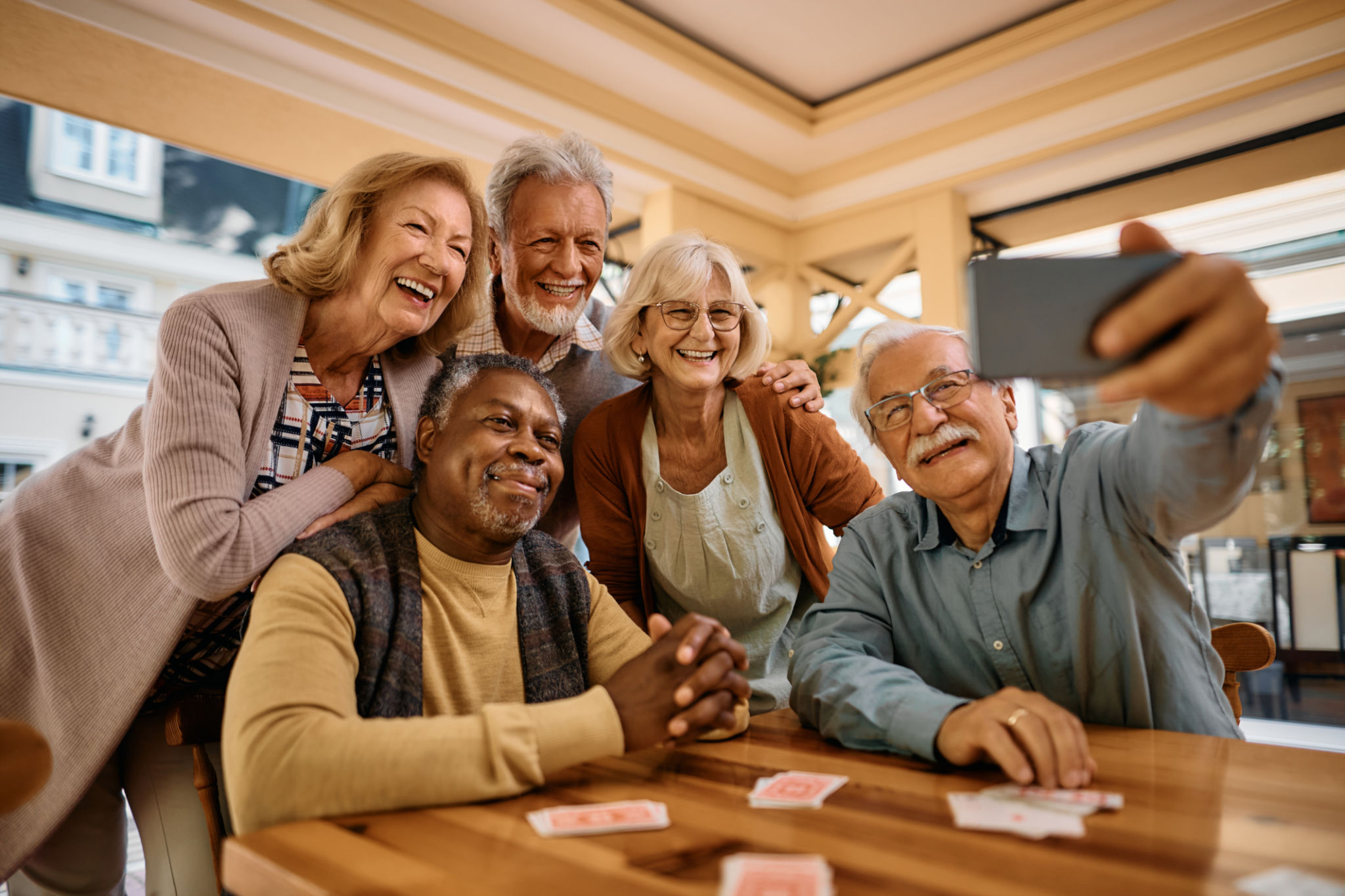How Memory Triggers Can Enhance Quality of Life for People with Dementia
Understanding Memory Triggers
Memory triggers are stimuli that can evoke memories or emotions from the past, playing a significant role in enhancing the quality of life for people with dementia. These triggers can include sensory experiences such as sights, sounds, smells, tastes, and tactile sensations. By tapping into the preserved memories, caregivers and family members can create meaningful interactions that foster a sense of connection and continuity for those dealing with dementia.
The Science Behind Memory Triggers
Research has shown that while dementia affects short-term memory, long-term memories often remain intact for longer periods. This is where memory triggers become invaluable. The brain's ability to associate sensory experiences with past events can help individuals with dementia access these long-term memories, providing them with comfort and familiarity.

Types of Memory Triggers
There are various types of memory triggers that can be utilized effectively:
- Visual Triggers: Photographs, familiar objects, or videos of past events can spark recognition and evoke memories.
- Auditory Triggers: Music from their youth or recordings of loved ones' voices can elicit an emotional response.
- Olfactory Triggers: Scents like baking bread or a favorite perfume can transport them back to specific moments in their lives.
- Tactile Triggers: Handling objects with unique textures or weights can prompt recollections.
Creating a Memory-Positive Environment
To maximize the benefits of memory triggers, it's crucial to create an environment that is rich in these stimuli. This can be achieved by curating personalized memory boxes or albums filled with items that hold significance to the individual. Additionally, incorporating music therapy sessions and engaging in sensory-rich activities can further enhance their quality of life.

The Role of Caregivers and Family Members
Caregivers and family members play a vital role in utilizing memory triggers effectively. By observing which stimuli resonate most with the person with dementia, they can tailor experiences to suit individual preferences. This personalized approach not only helps in recalling cherished memories but also strengthens emotional bonds and improves overall well-being.
The Emotional Impact of Memory Triggers
The use of memory triggers can lead to moments of joy and laughter, as individuals reconnect with their past. These moments are not just beneficial for those with dementia but also provide comfort to their loved ones. Witnessing a family member light up at the sound of a favorite song or the sight of a familiar photograph can be incredibly rewarding.

Challenges and Considerations
While memory triggers offer many benefits, it's essential to approach them thoughtfully. Some triggers may evoke distressing memories or emotions, so it's crucial to monitor reactions and adjust accordingly. Regularly updating and diversifying the range of stimuli can also prevent overfamiliarity and maintain engagement.
The Future of Memory Care
As our understanding of dementia progresses, so does our ability to support those affected by it. Memory triggers represent just one aspect of a holistic approach to dementia care. By continuing to explore innovative methods and technologies, we can enhance the quality of life for individuals living with dementia and provide them with meaningful experiences.